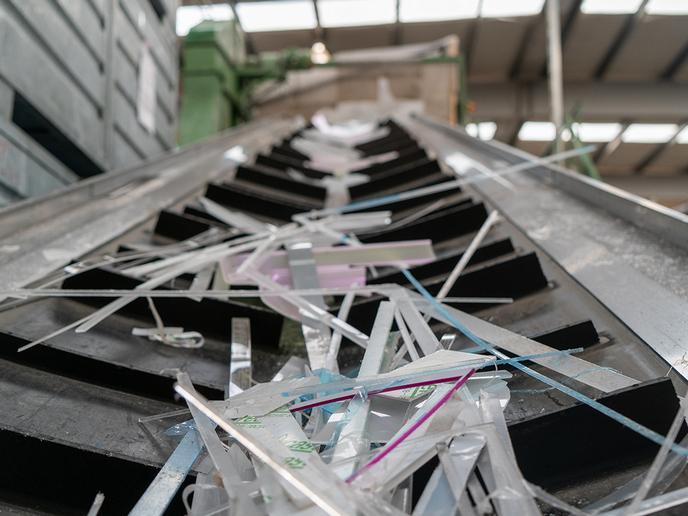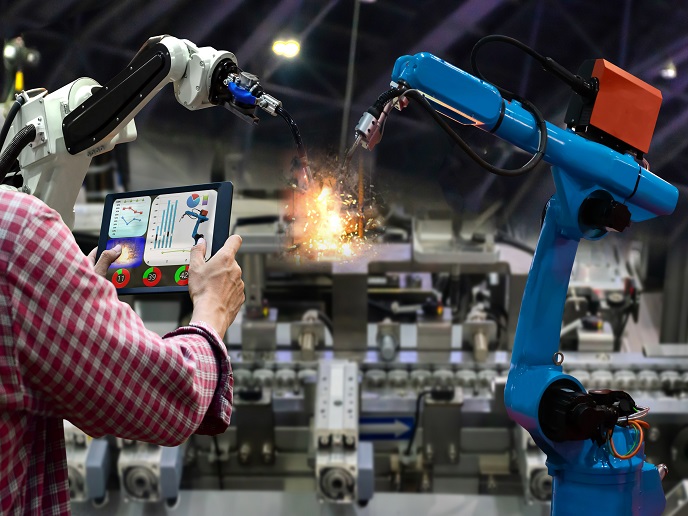Curing plastics with microwaves
MAC is a curing method that can be used on thermosetting materials such as polyester, vinylester and epoxy resins. Thermosetting materials become strong and high-temperature resistant after curing – applications, include components for the automotive and aerospace industries. MAC-RTM and MAC-RTM Light-technologies were developed by scientists of the EU-funded project 'Microwave assisted curing for resin transfer moulding' (MAC-RTM) . The end users specified requirements and selected two complex 3D parts for production: a small engine bonnet and the active component of an electrical engine part. To make these parts, scientists worked on selecting suitable microwave radiation transparent mould materials as well as microwave-absorbent additives and resins. Scientists initially built a lab-scale unit with the selected electrical antenna structure and current sensor to evaluate process parameters online. Based on lab-scale study outcomes, the mould design and filling system (for resin injection into the mould) were finalised. Sensor systems were calibrated and validated to monitor curing process, temperature and more. For visualising the MAC process during production of very complex parts, researchers used an infrared camera system. This led to the development of an industrial production-scale unit using the MAC-RTM process. In parallel, researchers simulated and validated the MAC process by comparing simulated data with experimental material data. The industrial-scale trials demonstrated that the MAC-RTM process fulfils important environmental and safety standards. Notable in this closed-mould system is the reduction in emissions of volatile organic compounds such as styrene by about 85 %. In comparison to conventional curing using oven heating, MAC provides considerably more cost-effective, uniform and faster curing. Moreover, the curing of RTM epoxy parts is far more thorough, resulting in an improvement in epoxy parts production by around 3.5 times. MAC-RTM also showed 40 % lower energy consumption than a conventional heating process for epoxy resins. MAC-RTM technology will reduce time-to-market and increase end-user acceptance and consumer confidence. Ultimately, MAC-RTM technology will enhance the competitiveness of European businesses in the global composites market and open up more market opportunities.
Keywords
Microwave-assisted curing, resin transfer moulding, epoxy, filling system, composites, thermosetting







